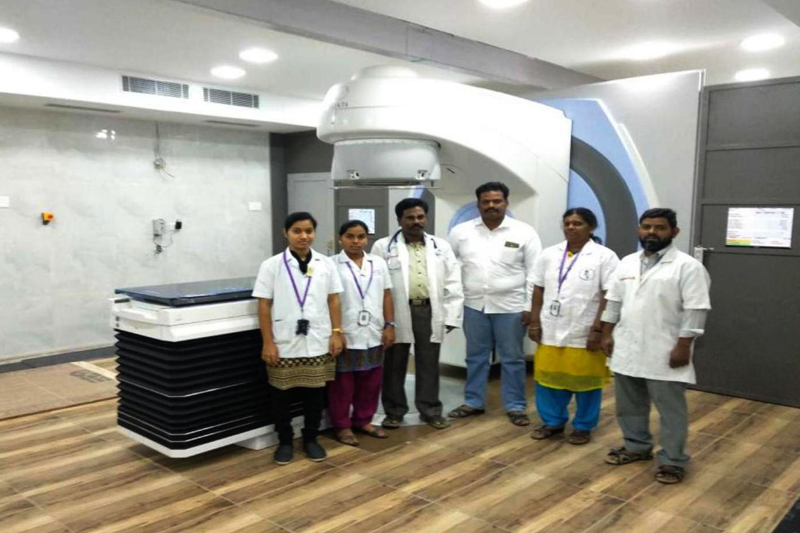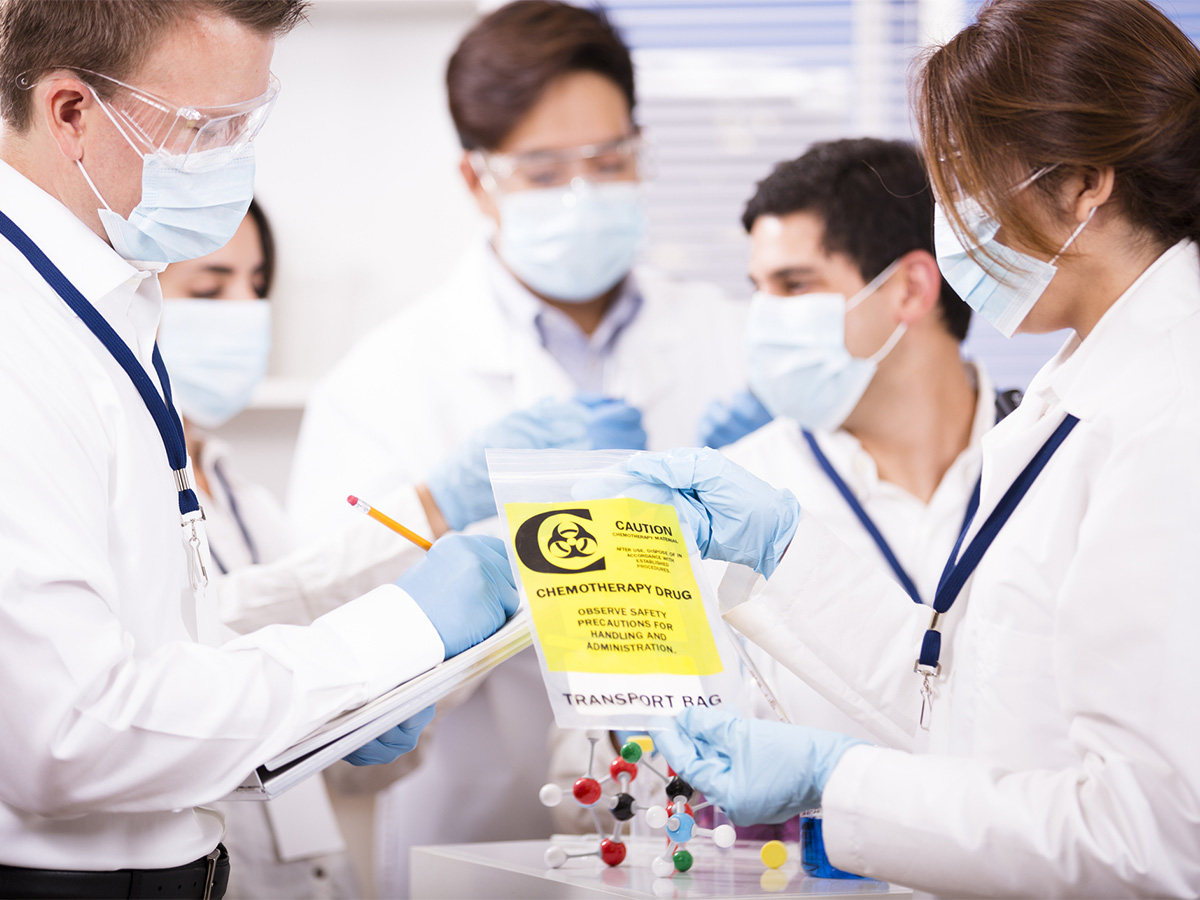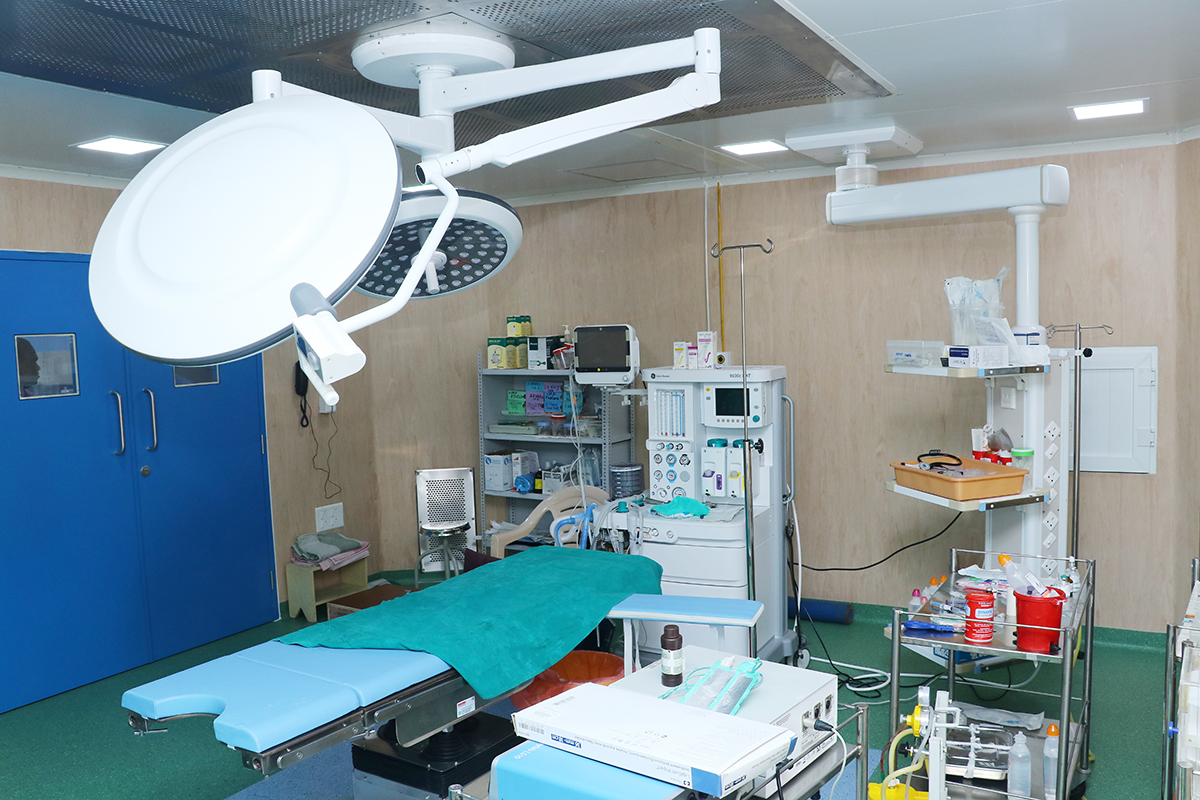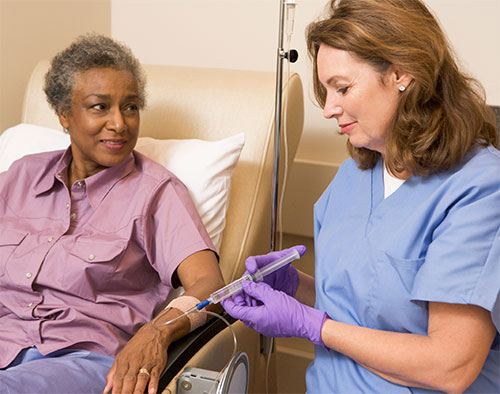Radiation therapy uses carefully targeted and regulated doses of high-energy radiation to kill cancer cells. Radiation causes some cancer cells to die immediately after treatment, but most die or become incapacitated as a result of the radiation-induced damage to the cancer cell’s chromosomes and DNA.
Radiation Oncologists work closely with Medical Oncologists, Surgical Oncologist & surgeons and other doctors to coordinate the most appropriate care for you with experience and advanced technology. Erode Cancer Centre’s radiation therapy services combine the quality and capability of state-of-the-art equipment with the expertise and compassion of the medical staff.
Specialized skills.
Each Radiation Oncologist has specialized training in performing radiation treatment for patients with cancer and those with certain noncancerous (benign) conditions. The doctors further specialize by concentrating their individual practices on treating different types of cancers, including complex and rare cancers. This specialized expertise ensures precision treatment and improved outcomes treatment tailored to your needs. Erode Cancer Centre’s Radiation Oncology professionals tailor treatment to your needs. After the Radiation oncologist identifies the areas to be treated, radiation is directed to the cancerous tumours simultaneously minimized dose to adjacent normal tissues.
Erode Cancer Centre adheres standard international cancer management guidelines to give comprehensive cancer care. This involves standard scientific excellence, a strong research program and a multidisciplinary approach to cancer prevention, diagnosis and treatment.


 This treatment involves placement of radioactive sources within the tumor. This involves placement of applicators in the tumor area and treatment is planned with the help of CT scan and then applicator is connected to (HDR Micro selectron) machine. The small radiotherapy sources (Ir-192) enter the applicator to tumor area and Finish the treatment in few minutes. The treatment is repeated depending on the type of tumor and needs of patient.
This treatment involves placement of radioactive sources within the tumor. This involves placement of applicators in the tumor area and treatment is planned with the help of CT scan and then applicator is connected to (HDR Micro selectron) machine. The small radiotherapy sources (Ir-192) enter the applicator to tumor area and Finish the treatment in few minutes. The treatment is repeated depending on the type of tumor and needs of patient.

